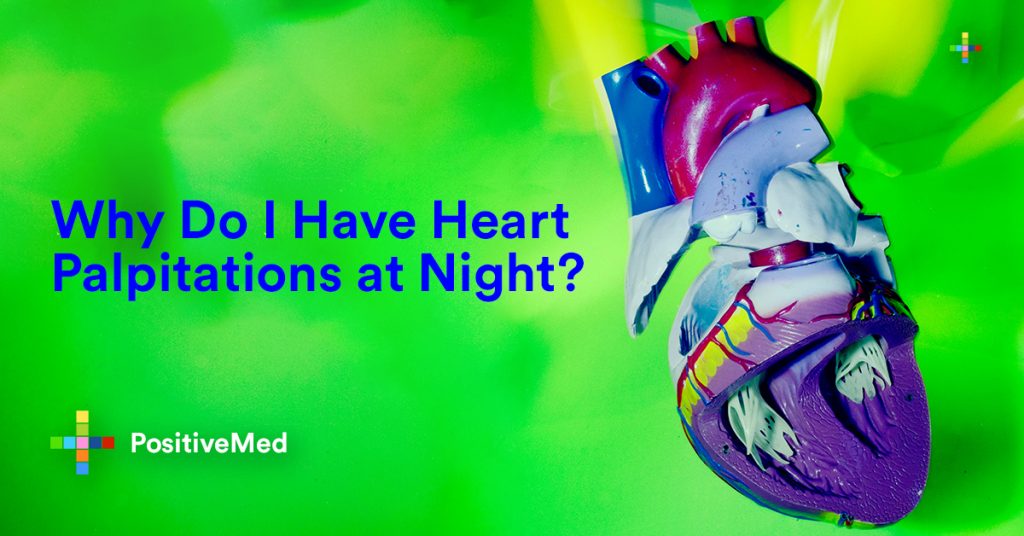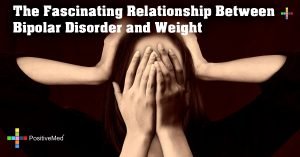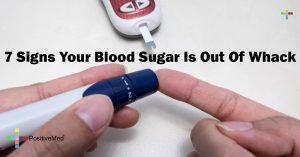Heart palpitations can be defined as the sensation of a strong pulse in your head, chest or neck. It might appear that your heart is racing. Naturally, if the sensation of these palpitations occurs as you lay down to sleep it could be a very unsettling event for you. However, in many cases having heart palpitations at night really isn’t anything serious. Read on and we will determine what things you can do to avoid this nerve-wracking situation from occurring and in what cases you should seek medical attention for your heart palpitations.

Know the causes of these palpitations.
If your heart is racing in at night, it is important to understand what is causing it to race in the first place. Things such as caffeine, nicotine or alcohol can trigger palpitations. Too much stress and anxiety can also be a contributing factor and even sleeping on your side can make you more susceptible to palpitations. Being pregnant can also be a contributing factor. Finally, you should be aware that these palpitations could be happening throughout your day but you are only noticing them at night because it is quieter.
When should you seek medical attention?
If your palpitations are accompanied by a feeling of lightheadedness, shortness of breath dizziness, chest pain or fainting spells you should seek medical attention. During your doctor’s visit, they will look over your medical history and they might order tests to determine the cause of the heart palpitations. Of course, there is the possibility your doctor might not find an underlying cause at all.
What if there is no underlying cause for these heart palpitations at night?
If your doctor cannot find a specific cause to these palpitations, he might recommend that you make lifestyle changes or he might recommend that you keep track of when these palpitations occur. More specifically, he might ask you to keep a log of what things occurred in your day when you experienced these episodes. There are a number of questions you should ask yourself, such as the following:
• When and where did the palpitations occur?
• How long did you have these palpitations?
• What have your feelings before these happened? After?
• What kind of activities, if any, were you taking part in when the palpitations happened?
• What did your diet consist of during this day?
Do you have an underlying condition?
If you have changed your lifestyle and done your best to eliminate anything else that could be causing it and you still have these heart issues, it might mean you have an underlying condition. In that case, the doctor might want you to participate in such procedures as an electrocardiogram, blood work, heart ultrasound or a Holter monitor to chart how your heart responds over a given period of time. The main goal these doctors are looking to accomplish would be to make sure this isn’t a condition that is going to lead to an enlarged heart or some other more serious medical condition.






